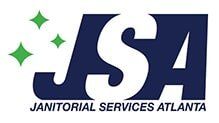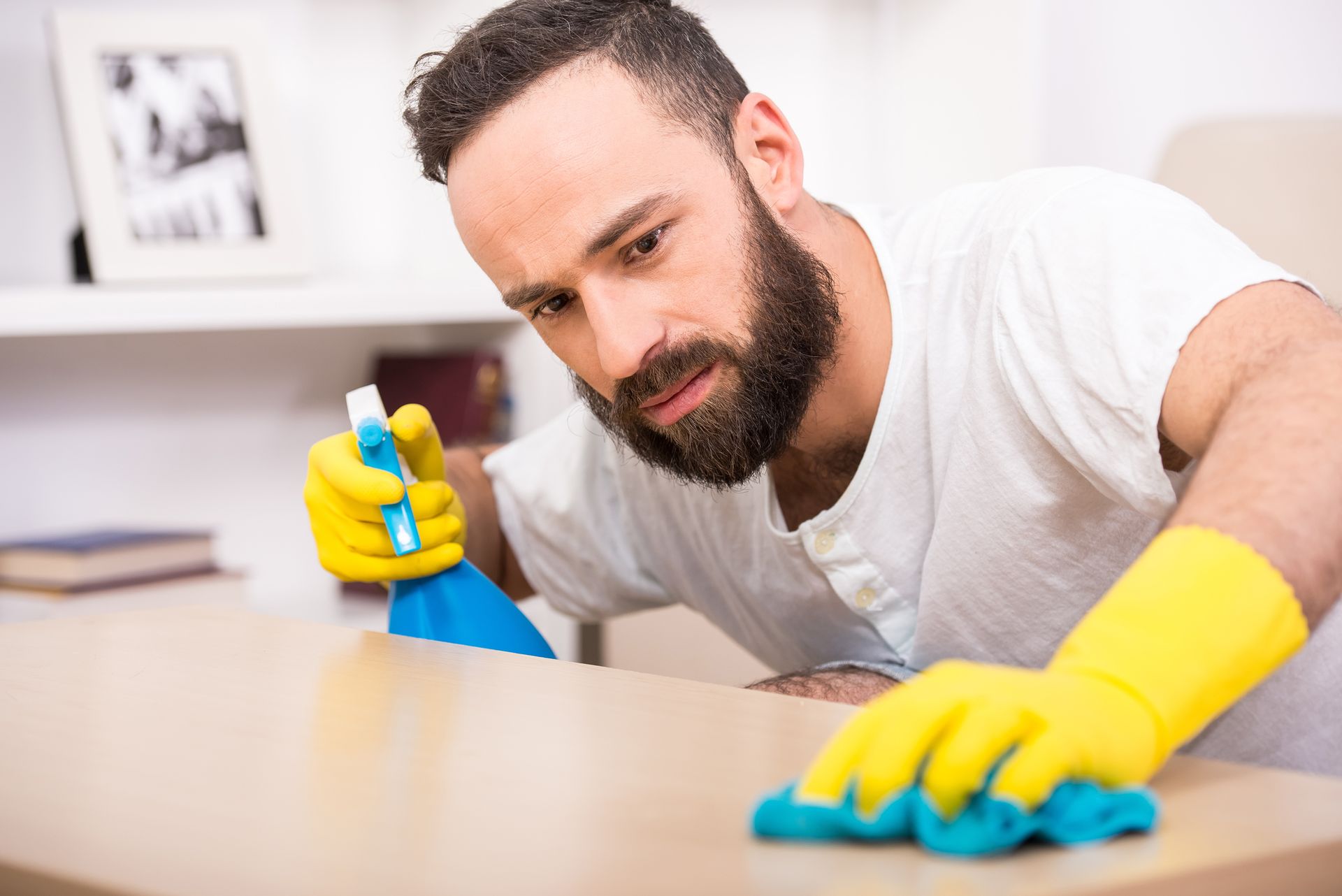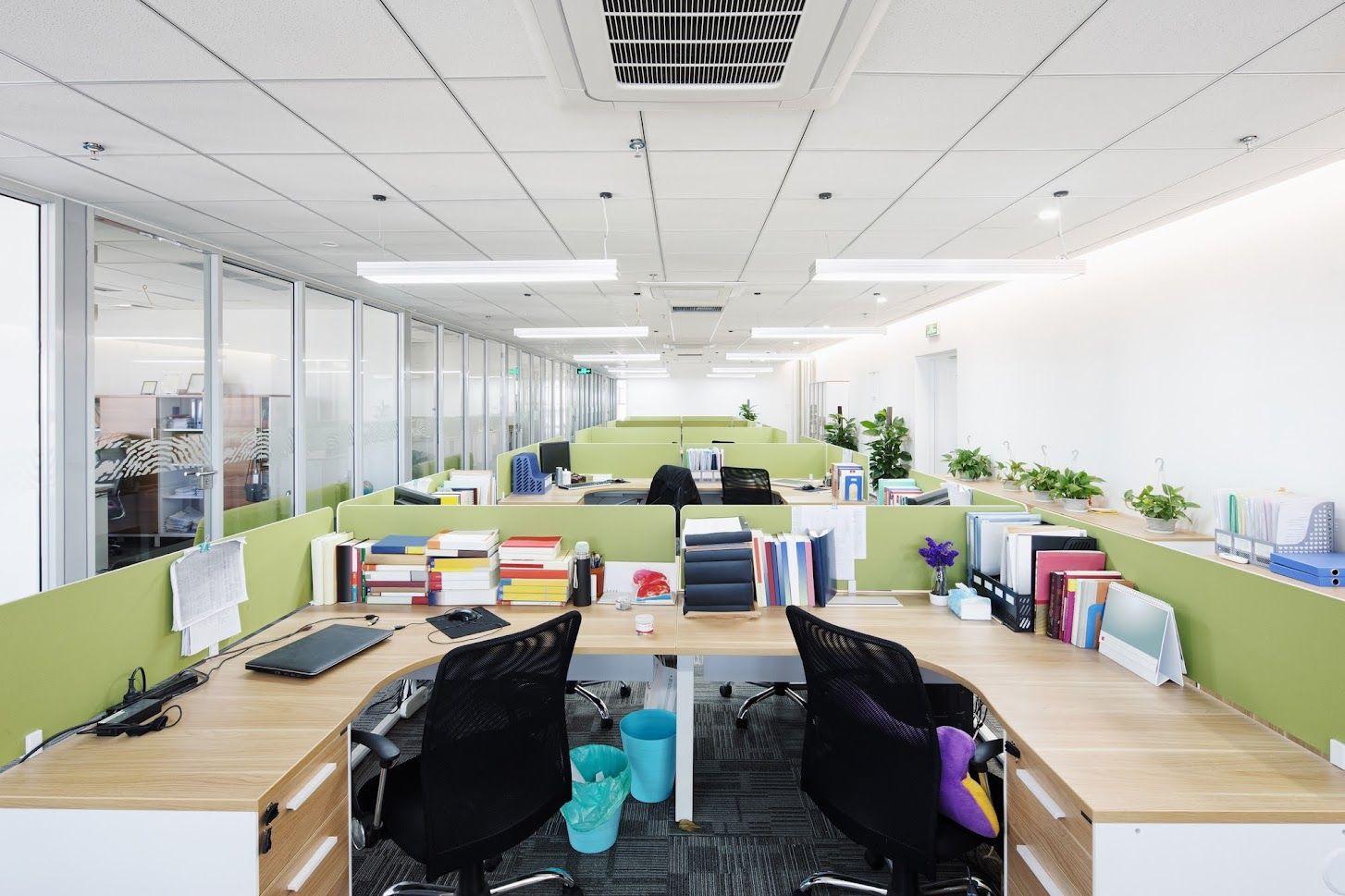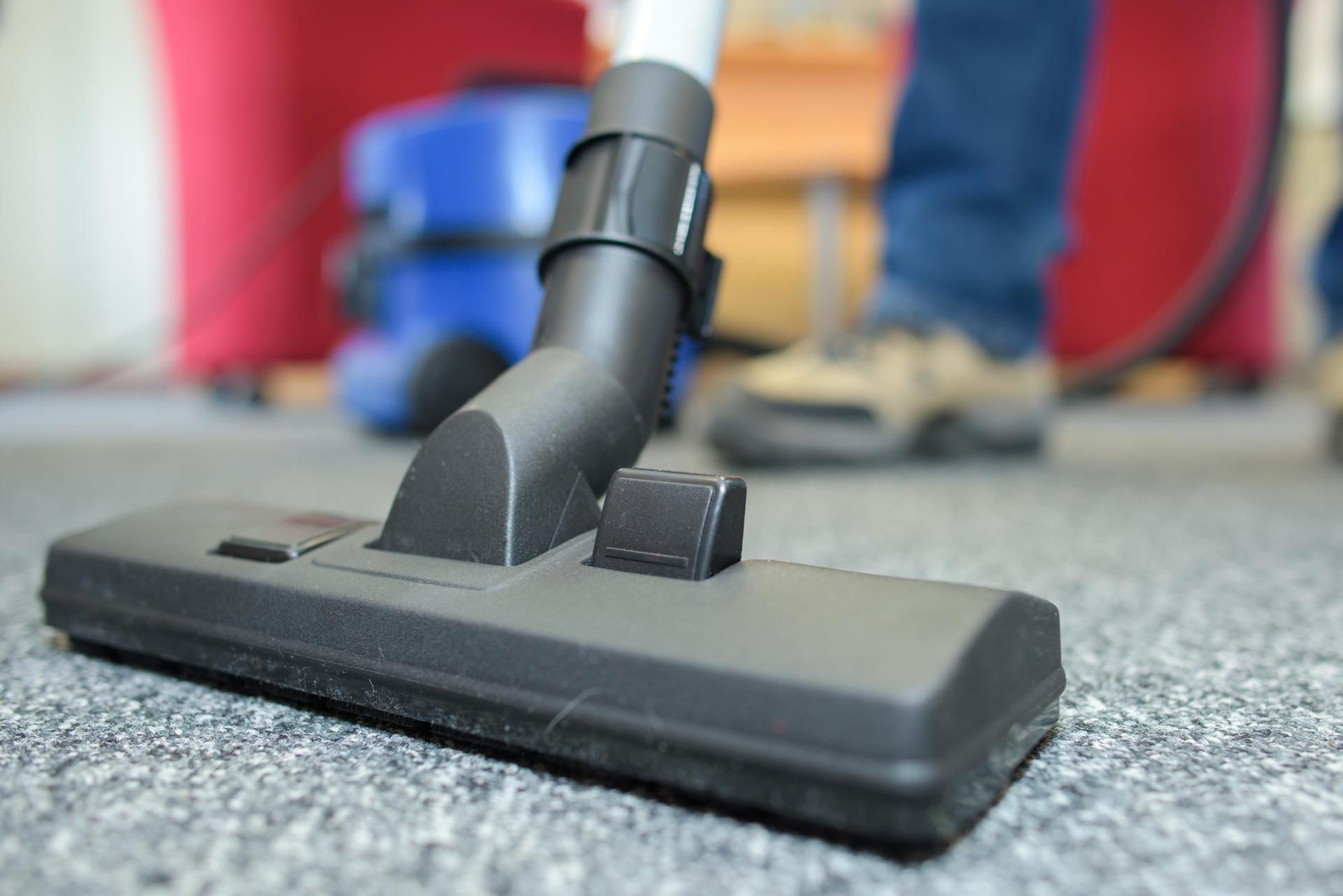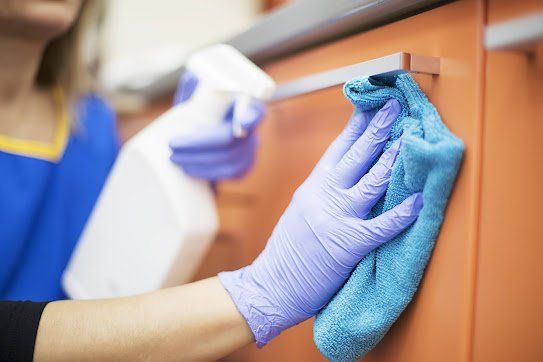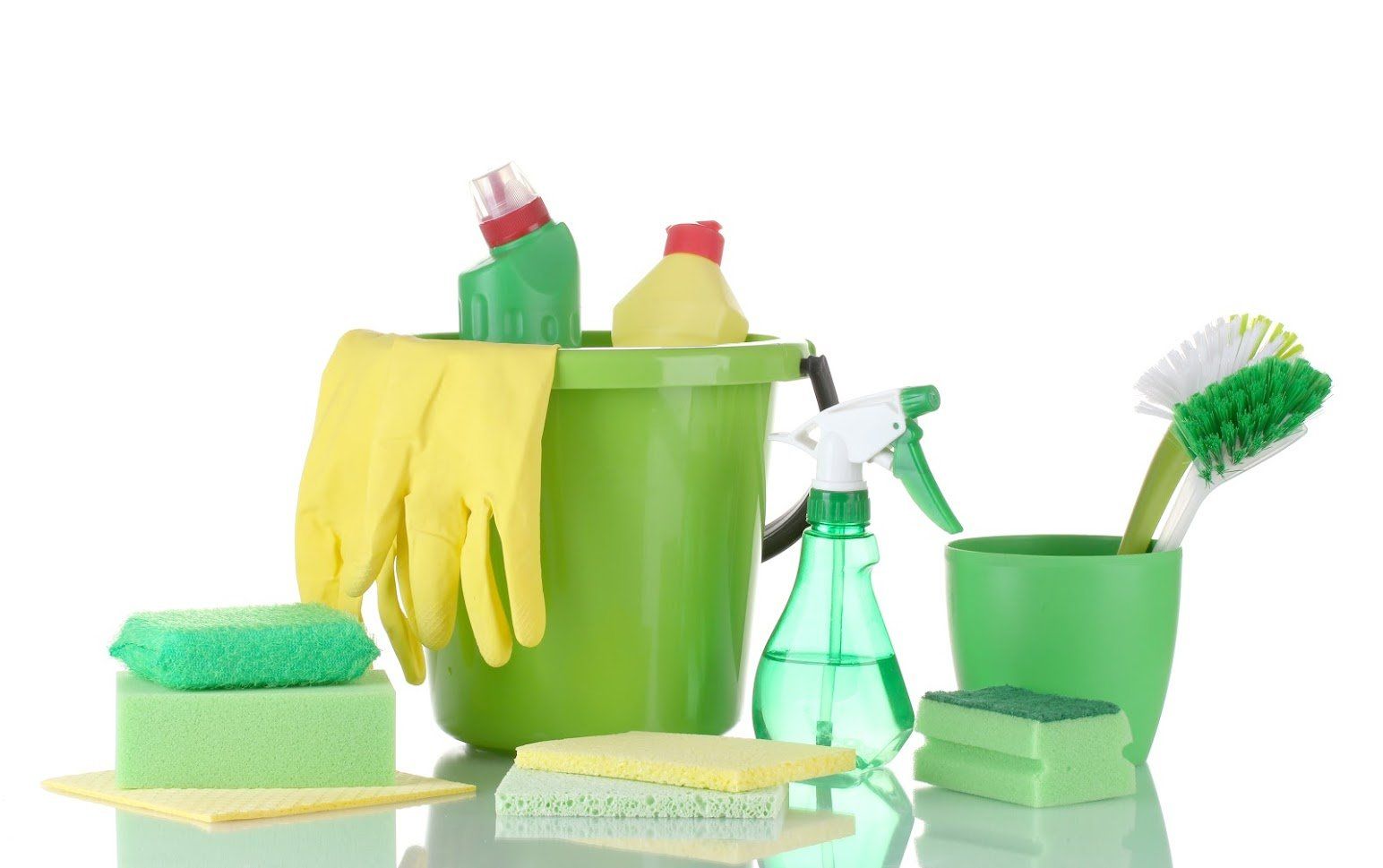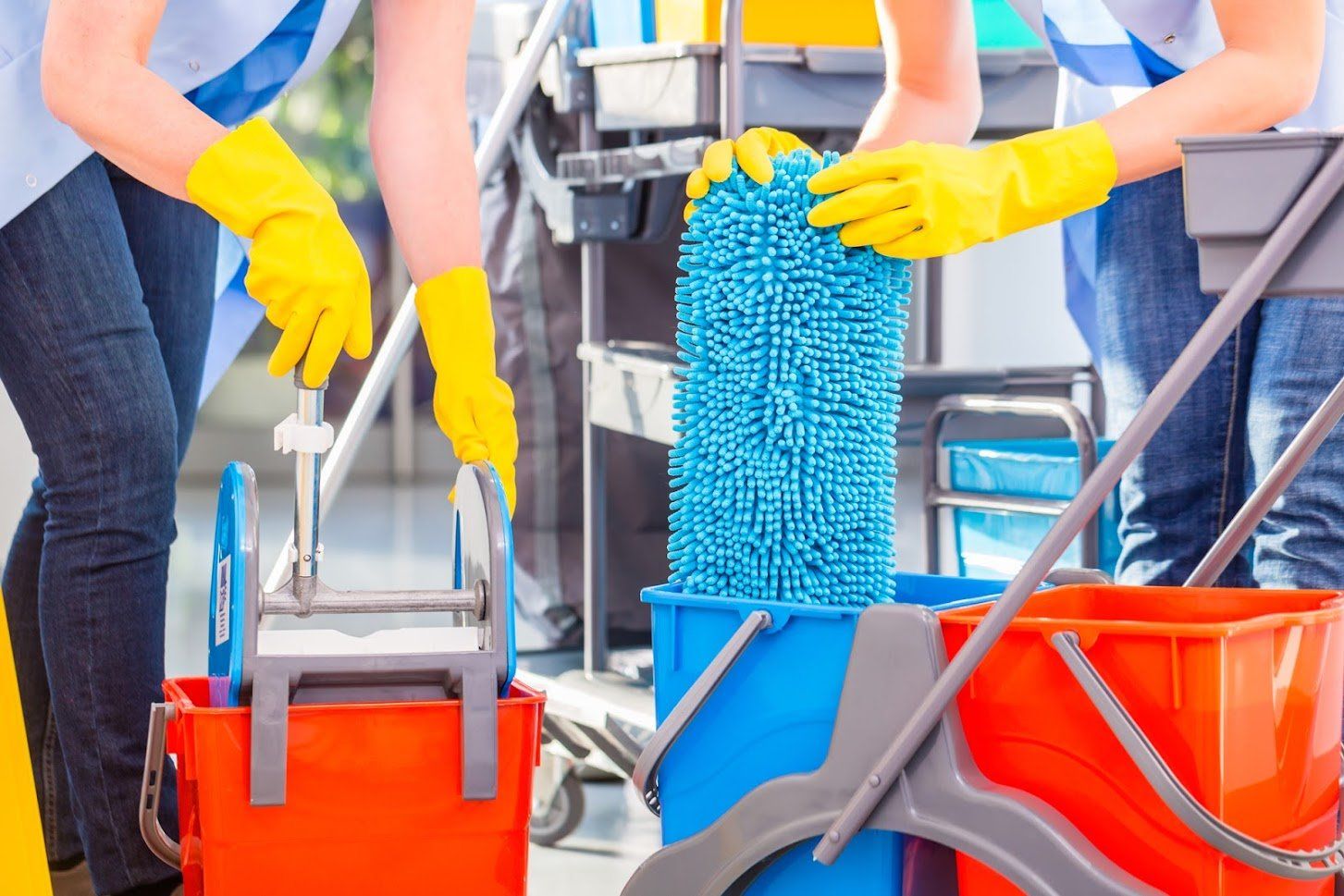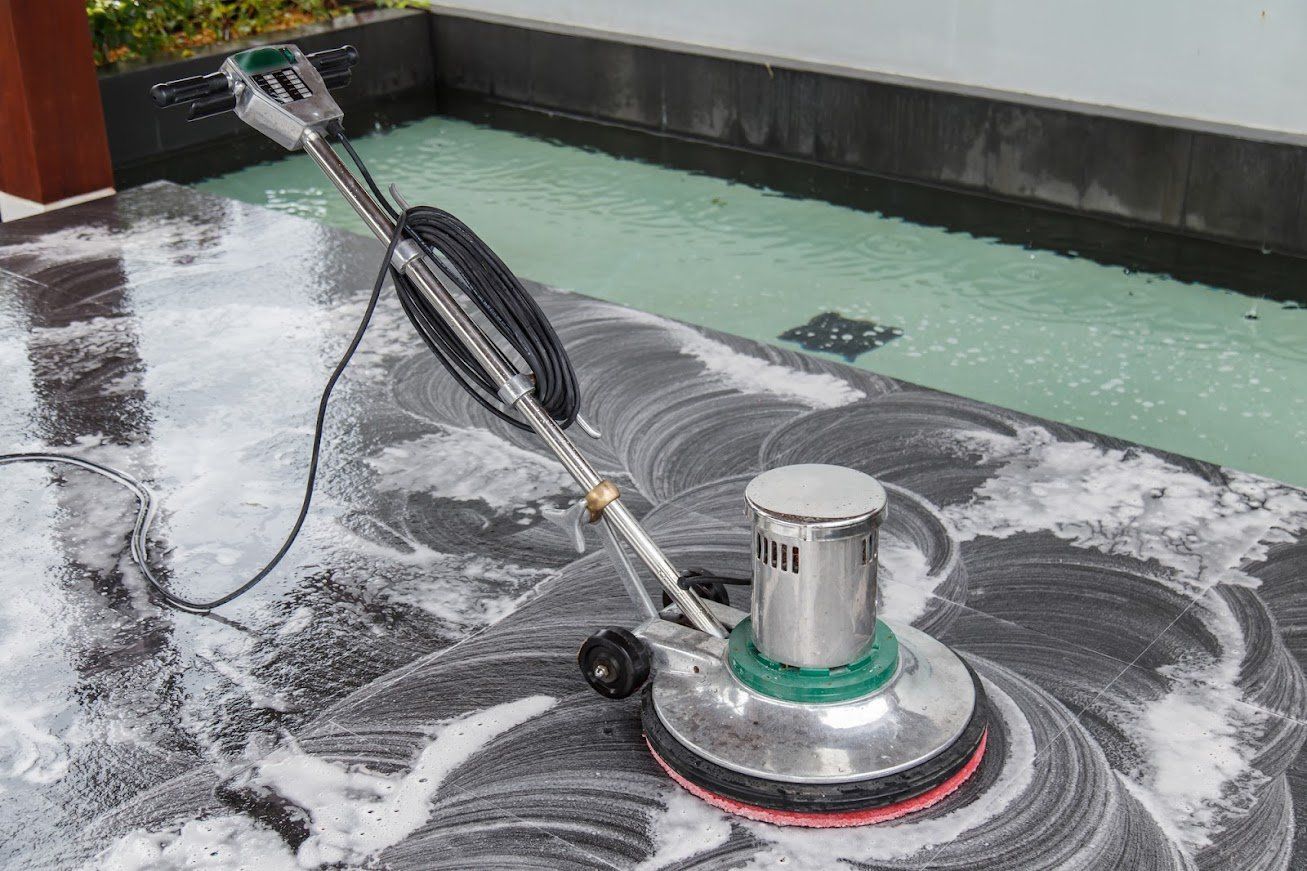Treat Hospital Bathroom Mold to Protect Infants From Disease
- By Admin
- •
- 12 Mar, 2019
- •

Hospitals should be a safe place for infants, particularly just after they have been born. However, some children may develop acute idiopathic pulmonary hemorrhage during a visit to a hospital, a condition that may appear without warning. In many instances, this health disease is triggered by moldy bathrooms that need treatment from professional cleaning services.
Discover how mold can affect babies and why mold management is so important to implement in a hospital.
Mold Growths Appear in Many Hospital Bathrooms
While professional janitorial custodians clean and maintain hospital bathrooms every day, mold growths may still appear. Unfortunately, many bathrooms suffer from conditions that promote mold growth, such as dripping faucets, an extreme lack of ventilation, clogged drains, or leaks behind walls that can be very difficult to diagnose and manage.
Often, mold growths prove hard to spot and may occur in areas out of sight, such as behind the sink or toilet. Wherever mold grows, though, spore release is the real danger. Mold spores go airborne to spread these growths even further and, in a hospital environment, can prove to be a very dangerous problem. This danger is particularly potent in infants, as they have likely had minimal exposure to mold.
Mold May Trigger Acute Idiopathic Pulmonary Hemorrhage
Acute idiopathic pulmonary hemorrhage is a severe health problem that causes excessive bleeding in an infant's respiratory and gastrointestinal system. These reactions can trigger a multitude of side effects, such as respiratory distress or failure and much more. Most cases of this problem occur in children who suffer from issues with these areas of the body.
However, healthy infants may suddenly develop AIPH due to mold ingestion. For example, a nurse, doctor, or even the child's parent may go to a bathroom infested with mold and come back with a few spores on their clothes.
The infant could inhale these spores and trigger an onset of this dangerous disease. In some instances, this disease may be fatal to infants who are unprepared for its onset. As a result, hospitals need to take bathroom mold management very seriously.
Mold Management Is Important for Hospitals
DIY prevention and treatment methods for bathroom mold are available, such as keeping a fan running to decrease the humidity in the bathroom. Other treatment methods include killing the mold with white vinegar, borax, bleach, or another chemical-based cleaning solution. However, hospitals should expand beyond these kinds of DIY treatment methods and hire a professional instead.
Simply put, these DIY methods, while beneficial in many cases, don't provide the maximum amount of safety needed in a hospital. For example, people cleaning mold with vinegar may easily miss a few growths hiding underneath a sink. This remaining mold could quickly grow back across the surface of the bathroom and cause more issues that could affect the hospital's patients.
By contrast, professional cleaners maximize mold destruction by starting the process with a simple mold test. A mold test helps identify the species and provides the treatment specialist with a better understanding of which cleaning approach to use. At this point, the professional will use a variety of high-powered cleaning equipment and strong cleaners to destroy mold for good.
Just as importantly, these experts will perform an inspection after finishing with their cleaning. This post-cleaning examination tests the air for remaining mold spores and lets the technician know if they've missed anything. Follow-up tests of this type provide the same benefit, so seriously consider these tests if a hospital's bathroom continually grows mold.
Professional Cleaning Services Are Available
If you manage a hospital and want to ensure that mold doesn't affect the infants in your care, please don't hesitate to contact us at Janitorial Services Atlanta to set up an inspection and treatment appointment with our cleaning specialists. With the help of our experts, you can get the clean and safe bathroom that your hospital needs to protect your patients.
BROWSE OUR WEBSITE
CONTACT INFORMATION
Phone: (404) 252-2776
Email: support@janitorialservicesatlanta.com
Hours of Operation
| Sun | Closed |
| Mon-Fri | 9:00 AM - 5:00 PM |
| Sat | Closed |
| We answer calls 24/7! | |
OUR LOCATION
CONTACT INFORMATION
Phone: (404) 252-2776
Email: support@janitorialservicesatlanta.com
Hours of Operation
| Sun | Closed |
| Mon-Fri | 9:00 AM - 5:00 PM |
| Sat | Closed |
| We answer calls 24/7! | |
